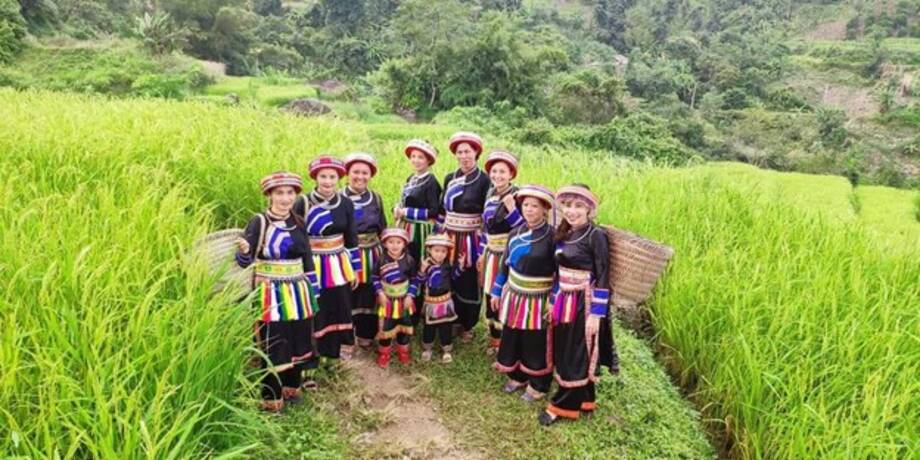Achievements 2018-2022
The FFF was established in 2012; its second phase, launched in 2018, will continue to 2025. FFF Phase II is implemented in ten core countries: Bolivia, Ecuador, Ghana, Kenya, Madagascar, Nepal, Togo, Tanzania, Vietnam and Zambia, and with regional partners with a primary focus on forest and farm producer organizations (FFPOs) representing smallholders, rural women’s groups, youth, and Indigenous Peoples and local communities. The FFF piloted a new flexible funding mechanism called the Direct Beneficiary Grant (DBG) which allows FFPOs to build their internal capacities by hiring consultants and purchasing necessary equipment.
During Phase II, the FFF also targets large-scale funding, such as the Green Climate Fund and Global Environmental Facility. In 2021, overall, we have influenced the development and implementation of projects valued at USD 1.16 billion. An important way in which the FFF is achieving substantial impact at scale is by influencing narratives and policies. We do this is by enabling organizations of farmers, Indigenous Peoples and local communities to amplify their voices and messages. We also help analyse and present evidence that supports those messages. In 2022, the FFF implemented a visibility campaign to raise awareness in international forums of the importance of providing equitable, sustainable finance for forest and farm producer organizations and their members.
Wood fuel value chains have also been at the centre of FFF’s efforts during Phase II with successful country initiatives to tackle illegality hotspots in Zambia, Togo, Ghana, Kenya, Tanzania and Liberia.
The FFF also started exploring carbon sequestration monitoring tools and shows promise for the coming years after a positive reaction from local governments and organizations who look forward to experimenting with such tools. In 2022, the FFF launched new initiatives on training in the use of the carbon accounting tools Ex-Act, SEPAL and RECSOIL to test these and to build capacity among producer organizations in measuring their forest and landscape restoration and climate-change mitigation efforts.
An independent mid-term evaluation of Phase 2 conducted in 2021 was overwhelmingly positive. It shows that the FFF is a unique, highly cost-effective programme that is expanding global forest and sustainability narratives and making laudable progress towards its outcomes. Sixty-seven percent of the FFF’s budget directly supported forest and farm producer organizations in 2022. This level of grassroots delivery is extraordinarily high compared with other climate and development programmes, where generally less than 2 percent of total budgets goes directly to the grassroots.
Addressing gender equity is fundamental to the success of FFF’s work, as supporting women producers has become even more important in some countries in recent years, with more men than women migrating to cities in search of work. The FFF developed and deployed a gender monitoring approach in 2022, showing that its gender empowerment initiatives are having enormous benefits for forest and farm producer organizations and their members. The FFF is supporting 169 majority-women groups.
In 2022, the Facility achieved significant milestones under its four outcomes, including:
- the improvements in 125 subnational or national policies, processes and decisions in favour of forest and farm producer organizations.
- the ongoing restoration of 161 993 ha of forested landscapes;
- the execution of 430 business-related training events with 692 staff trained in business incubation; and
- the delivery of about 25 percent more to grassroots organizations in 2022 (a total of USD 5.29 million) than in 2021 (USD 4.23 million).
FFF is continually improving, learning from its experiences, and adapting in the face of rapid change. Key challenges and lessons are detailed in annual reports.

